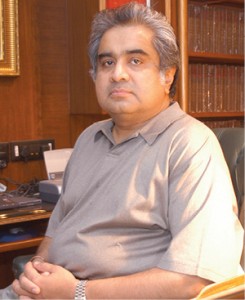An independent commission representing all sections of society should be established to appoint Supreme Court judges, argues senior counsel Harish Salve
The Supreme Court of India is in the news far more than courts in other countries. For the most part, this is because of its increasing role in governance on account of its proactive public interest litigations (PIL) jurisdiction, a hope of last resort for many a beleaguered citizen. Indeed, the PIL jurisdiction of the Supreme Court is now a defining feature of the Indian judiciary.

But recently there have been two occasions on which the integrity of Supreme Court judges has been called into question. Significantly, both issues did not relate to any judgment on a case, but impinge upon the very perception of the court as an institution that has, by and large, not been scourged by the egregious corruption visible in other institutions.
The first issue related to the reluctance of judges to disclose their personal assets. This was read by many observers as a sign that all was not well. The judges found little sympathy for their justifications for non-disclosure. Bowing to public opinion they rose to the occasion and announced their decision to publicly declare their assets on the court’s website. In so doing, they accepted the wisdom of acting in larger public good, irrespective of its consequences.
You must be a
subscribersubscribersubscribersubscriber
to read this content, please
subscribesubscribesubscribesubscribe
today.
For group subscribers, please click here to access.
Interested in group subscription? Please contact us.
你需要登录去解锁本文内容。欢迎注册账号。如果想阅读月刊所有文章,欢迎成为我们的订阅会员成为我们的订阅会员。
Harish Salve is a senior counsel with expertise in constitutional law, commercial law and taxation. He has appeared in various cases in the Supreme Court before the constitution bench. A qualified chartered accountant, Salve served as Solicitor General of India for three years from 1999 until 2002.



























